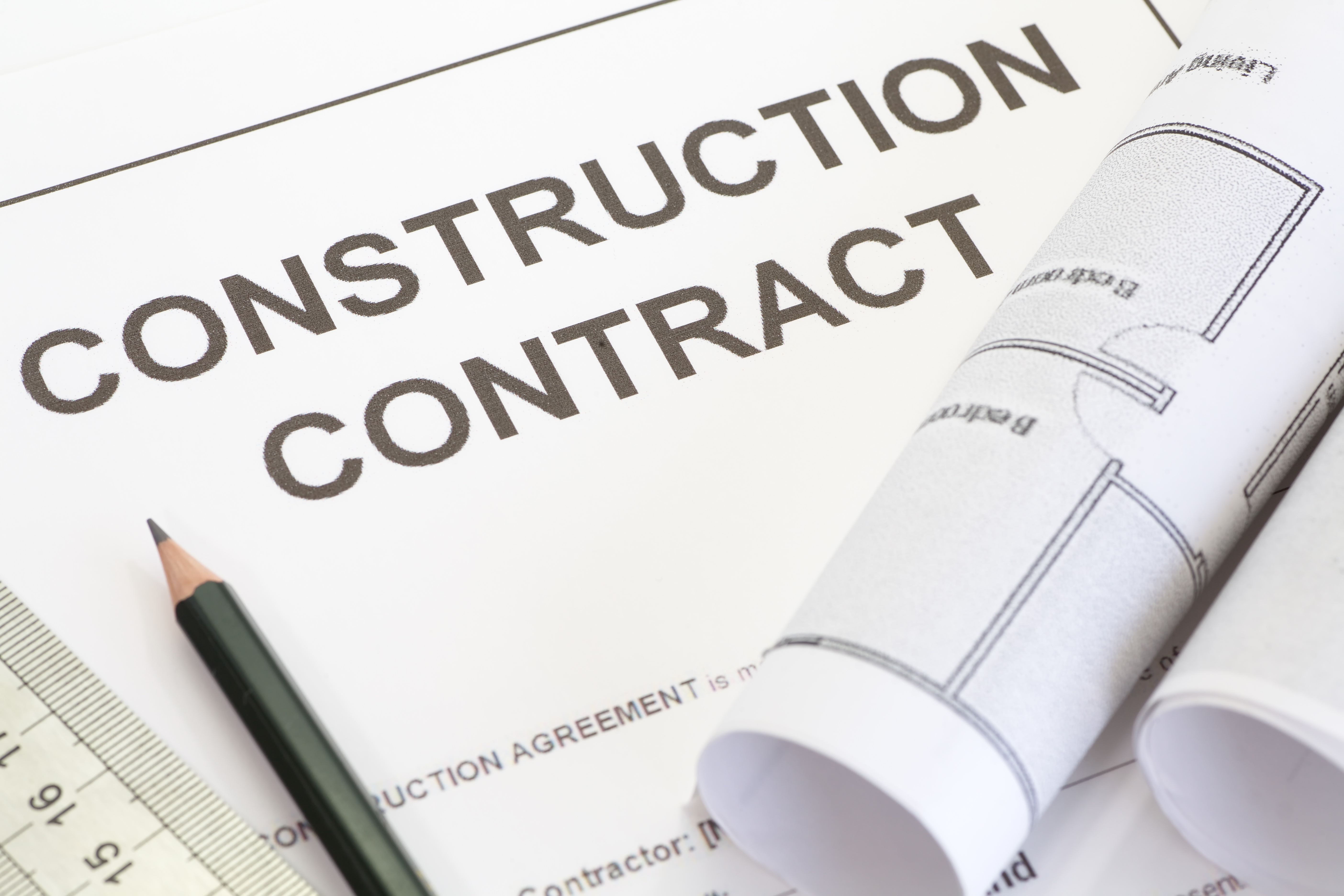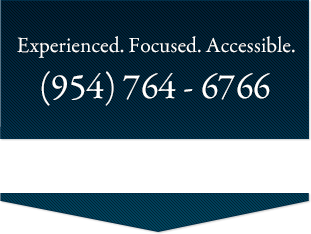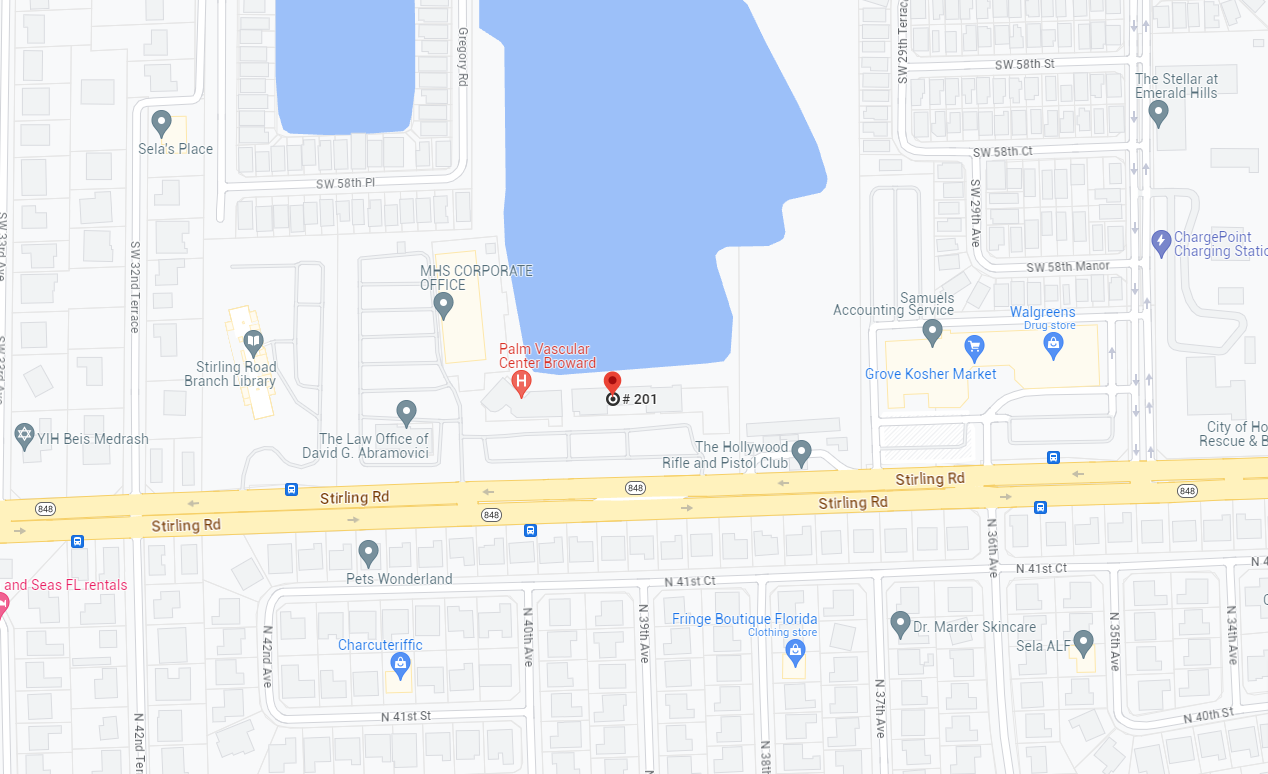Enforcing Construction Liens: The Importance of Punctuality
“If you’re not early, you’re late.”—Vince Lombardi
While there are many different variations of exactly what the great Vince Lombardi stated regarding punctuality, his message on the importance of punctuality cannot be overstated. Punctuality is important in nearly every aspect of our lives. Punctuality can set the tone for our relationships, both personally and professionally, and could, perhaps, make or break a business deal. Punctuality has been said to be the “soul of business” (Thomas C. Haliburton). However, it is important to remember that the concept of punctuality is not limited to simply arriving at a place at the right time (or early), but, rather, about taking actions at the right time. For this reason, punctuality is, perhaps, most important in the legal realm, because failing to take specific actions at the right time could cause you to forfeit important legal rights.
In Florida, a contractor, subcontractor, or supplier has the legal right to place a lien on a project owner’s property when he or she doesn’t get paid; however, in order to preserve those rights, the contractor, subcontractor, or supplier must take certain actions at the right time. For example, a contractor that has a direct contract with the project owner may be able to simply file a Claim of Lien within 90 days after completing its final work at the project. But a subcontractor or supplier without a direct contract with the project owner must take additional steps, such as providing a Notice to Owner not later than 45 days after beginning work, or first supplying materials, at the project. Similarly, when the project is bonded, the subcontractor or supplier must provide a Notice of Nonpayment to the surety in order to claim rights under the payment bond. Failure to provide any of the notices within the required time periods, or to timely file a Claim of Lien, will cause the contractor, subcontractor, or supplier to forfeit their lien rights and, possibly, their ability to be paid for the work or materials provided to the project.
If you are a contractor, subcontractor, or supplier in Broward, Miami-Dade, or Palm Beach County, and would like to ensure that you are properly preserving your lien rights, then schedule a consultation with a Broward County construction lawyer by calling (954) 764-6766 or by completing the contact form on this page.
Is a “Pay-When-Paid” Provision in a Construction Contract Enforceable?
“I can’t pay you until I first get paid by the owner.” This phrase, or something similar, is used too often in construction projects in South Florida, throughout Broward, Miami-Dade, and Palm Beach Counties, by general contractors seeking to avoid payment to a subcontractor before the general contractor has received payment from the project owner for work completed by the subcontractor. Often, the general contractor will point out a clause or provision in the subcontract and claim it has the right to refuse payment to the subcontractor until it receives payment from the owner. This type of subcontract clause is known as a “pay-when-paid” provision or “contingent payment” clause.
Under Florida law, “pay-when-paid” provisions are not always enforceable. This is because Florida courts recognize that many subcontractors must receive payment for their work within a timely manner in order to remain in business. Simply put, the subcontractor has a direct contract with the general contractor,  not with the project owner, and when the subcontractor performs work at the project, the subcontractor deserves to be paid for that work. So, in circumstances where the project owner fails to pay the general contractor, the general contractor is often still required to pay the subcontractor.
not with the project owner, and when the subcontractor performs work at the project, the subcontractor deserves to be paid for that work. So, in circumstances where the project owner fails to pay the general contractor, the general contractor is often still required to pay the subcontractor.
In order for a “pay-when-paid” provision to be enforceable, and to effectively transfer the risk of the project owner’s nonpayment from the general contractor to the subcontractor, the subcontract terms must be absolutely clear that the subcontractor fully accepts the risk that the owner may not pay the general contractor, and understands that the subcontractor will be paid for its work only after the general contractor is paid. Unless the subcontract terms and provisions are absolutely clear that payment to the general contractor by the owner is a condition to payment for work performed under the subcontract, the “pay-when-paid” provision is likely not enforceable.
If you are a contractor in South Florida (Broward, Miami-Dade, or Palm Beach), and you are wondering whether a “pay-when-paid” clause in a subcontract is enforceable under Florida law, please call our law firm in Fort Lauderdale at (954) 764-6766 to schedule a consultation with a Broward County construction lawyer.






